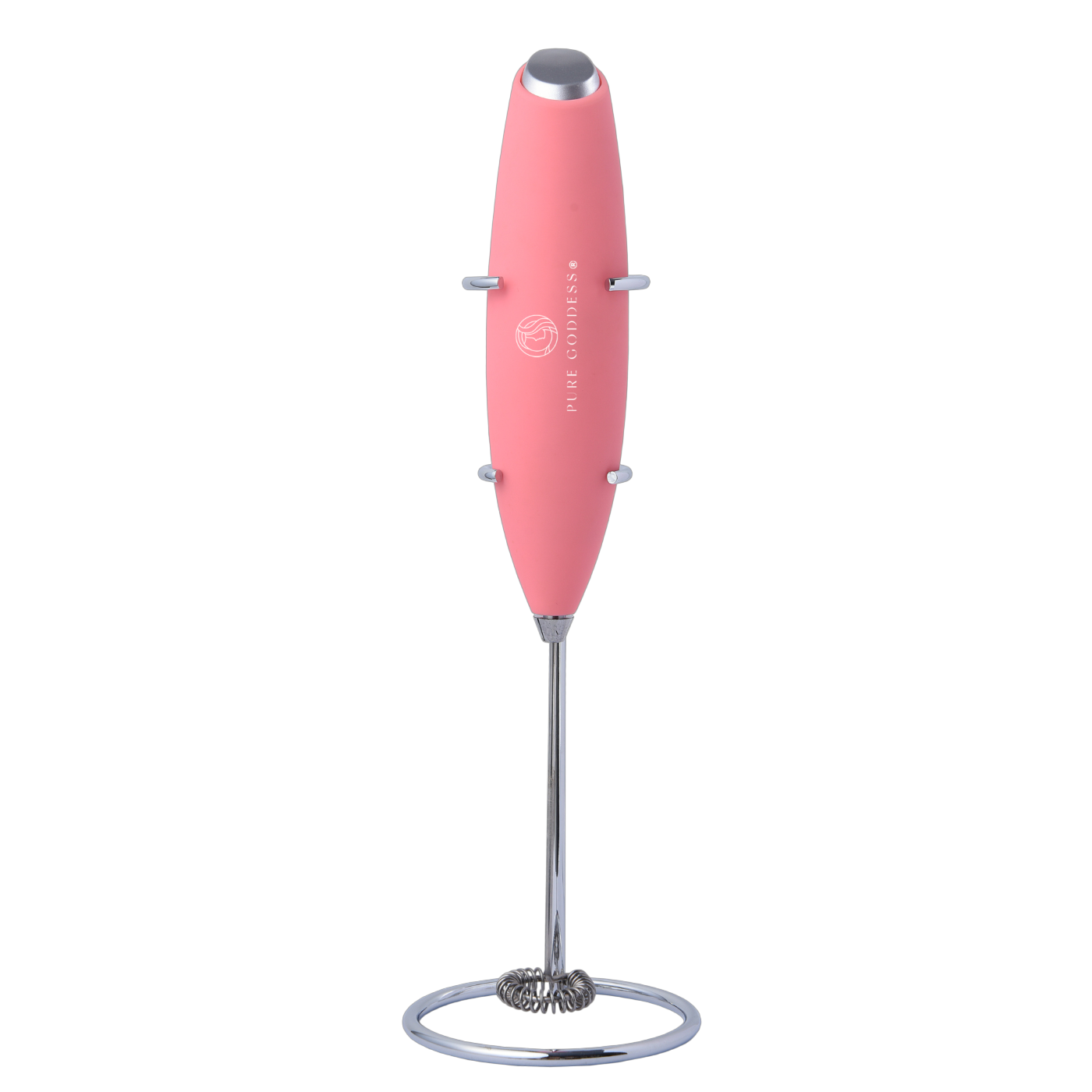
Midlife Stress Management: Simple Techniques to Find Calm and Balance
Midlife can feel like a whirlwind - juggling health changes, career demands, family responsibilities, and the rollercoaster of perimenopause or menopause. It’s no wonder stress levels can skyrocket at this stage. But managing stress effectively is key to maintaining not just mental clarity but also overall health and longevity.
Allow us to share friendly, practical midlife stress management techniques that anyone can try. These ideas aren’t about rushing to fix everything at once. They’re about gentle, sustainable ways to bring calm, focus, and joy back into your busy life.
Why Stress Management Matters in Midlife
Chronic stress doesn’t just weigh on mood. It can contribute to hormone imbalances, poor sleep, low energy, weakened immunity, digestive issues, and even increased risk of chronic diseases like heart disease or diabetes. Women in midlife often experience fluctuations in cortisol (the stress hormone) alongside changing estrogen and progesterone levels, making stress management more essential and sometimes more challenging than ever.
By introducing simple stress relief habits, it’s possible to support emotional balance, improve sleep quality, boost resilience, and even ease menopause symptoms.
Recognising Your Stress Triggers
Before tackling stress management techniques, it helps to identify common triggers in your life. These can be:
-
Work pressure or career transitions
-
Family obligations or caregiving roles
-
Financial concerns or life uncertainties
-
Physical changes from aging and menopause
-
Feeling overwhelmed by daily tasks or lack of time for yourself
Understanding what sparks your stress enables you to tailor strategies for greater effectiveness.
1. Mindful Meditation and Breathing Techniques
Two of the most powerful tools for calming the nervous system are meditation and conscious breathing. Meditation encourages present-moment awareness, helping to quiet a busy mind and reduce stress hormones like cortisol. Even a few minutes a day can bring measurable benefits.
Breathing techniques, such as slow belly breathing or the 4-4-6 count (inhale for 4 seconds, hold for 4 seconds, exhale for 6 seconds), activate the parasympathetic nervous system - the body’s natural relaxation response. This reduces heart rate, eases muscle tension, and promotes a calm state.
2. Exercise as a Stress Buster
Regular physical activity is one of the best natural ways to manage stress. Exercise lowers cortisol levels, stimulates endorphin release (natural "feel-good" chemicals), and improves sleep - all vital for midlife wellbeing.
You don’t need high-intensity workouts to reap benefits. Gentle, consistent movement such as brisk walking, yoga or swimming also enhances mood, sharpens focus, and promotes relaxation. Taking exercise into nature adds fresh air and natural beauty, amplifying stress reduction effects.
30 minutes a day of movement you enjoy can support your changing body.
3. Prioritising Sleep
Stress and poor sleep often fuel each other. Establishing a pre-sleep routine - dim lights, calming herbal teas, avoiding screens an hour before bed—supports quality rest. Consider magnesium or calming supplements (after discussing with a healthcare provider) to help ease into sleep.
4. Social Connection
Midlife can sometimes feel isolating, especially if family dynamics are shifting or children have grown up. Maintaining strong social connections is a powerful antidote to stress. Schedule coffee dates, phone check-ins, or join community groups focused on women’s health and wellness. Sharing experiences and laughter with friends reduces cortisol and fosters emotional support.
6. Setting Boundaries
Saying “no” or delegating tasks is not selfish, it’s essential self-care. Overcommitting is a huge source of stress in midlife. Review your schedule, identify what drains you, and create firm boundaries around your time and energy. Practice polite assertiveness and remember that your wellbeing matters just as much as others’.
7. Creative Outlets
Engaging in hobbies like painting, dancing, cooking, or gardening can offer distraction from stress and a joyful creative flow. These activities promote relaxation and balance brain chemistry positively. You don’t need to be an expert - just choose what feels fun and engrossing to you.
8. Balanced Nutrition and Hydration
What you eat and drink affects how your body responds to stress. Prioritise whole foods rich in fibre, antioxidants, healthy fats, and protein to support brain function and hormone balance. Minimise excessive caffeine, sugar, and alcohol which can amplify anxiety and disrupt sleep. Staying well hydrated also keeps energy levels steady.
9. Digital Detox
Constant notifications and screens can overwhelm the mind and worsen stress. Schedule technology-free times each day or week - especially first thing in the morning or right before bed. Unplug and reset mental clarity.
10. Professional Support When Needed
Sometimes stress feels overwhelming or persistent. Seeking help from therapists, counsellors, or support groups specialised in midlife wellness can provide tools and guidance tailored to your unique experience.
Final Thoughts
Midlife is a rich, complex season filled with opportunities for growth, transformation, and self-discovery. While it’s normal to experience stress, it doesn’t have to control your life. Small, consistent steps toward managing stress can create space for renewed energy, clarity, and balance. Your midlife journey deserves calm, care, and joy.







Leave a comment
This site is protected by hCaptcha and the hCaptcha Privacy Policy and Terms of Service apply.